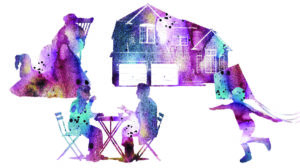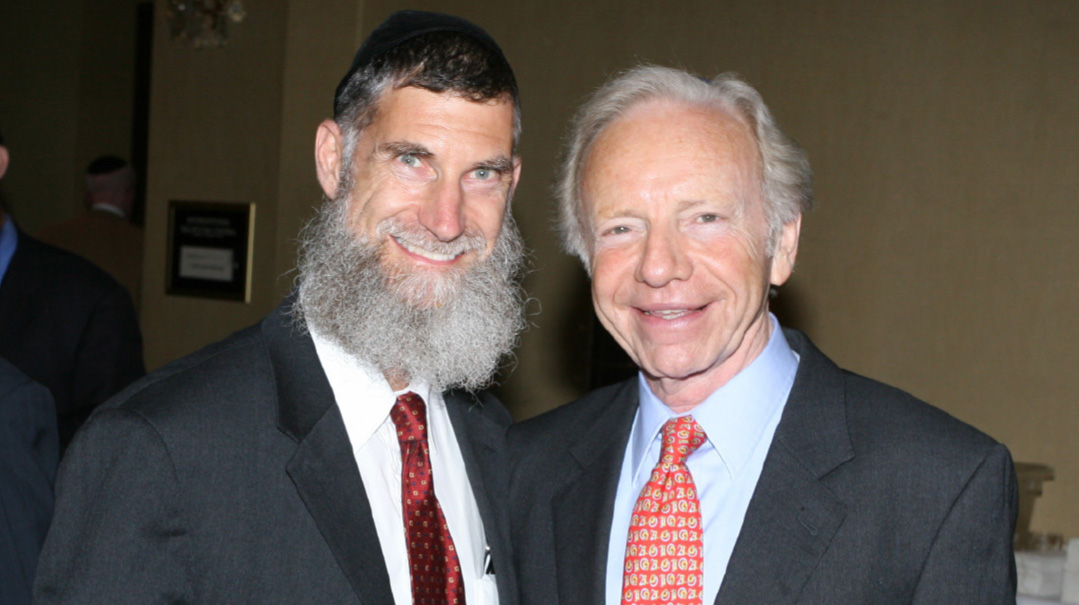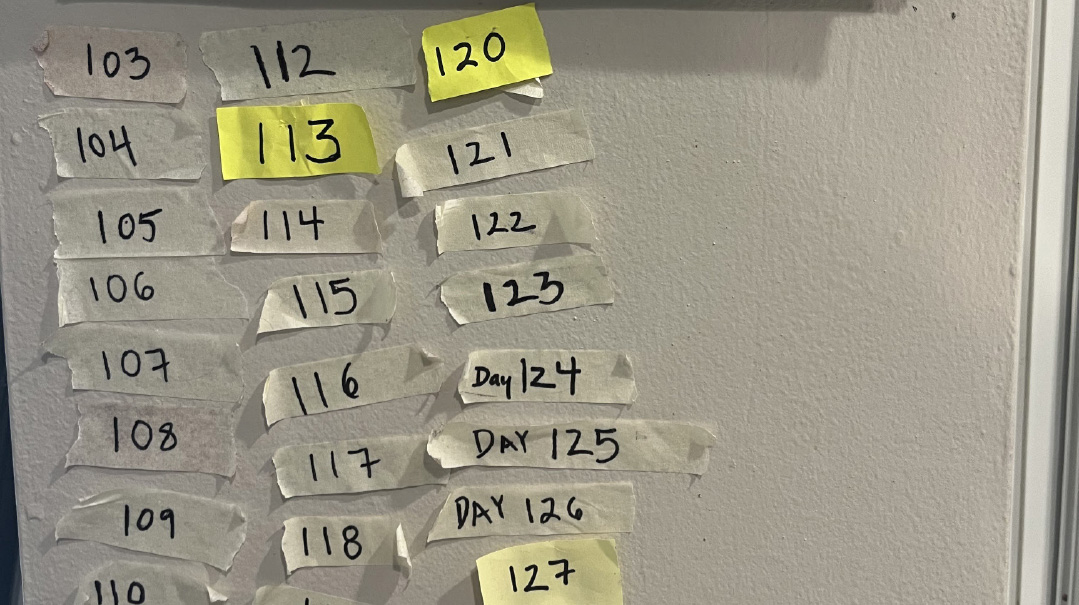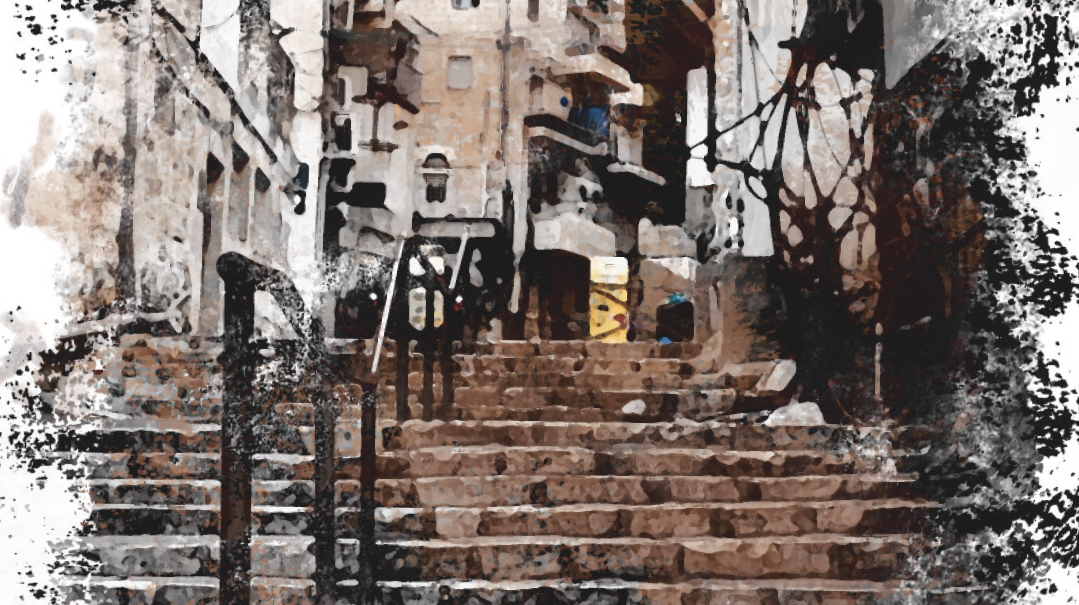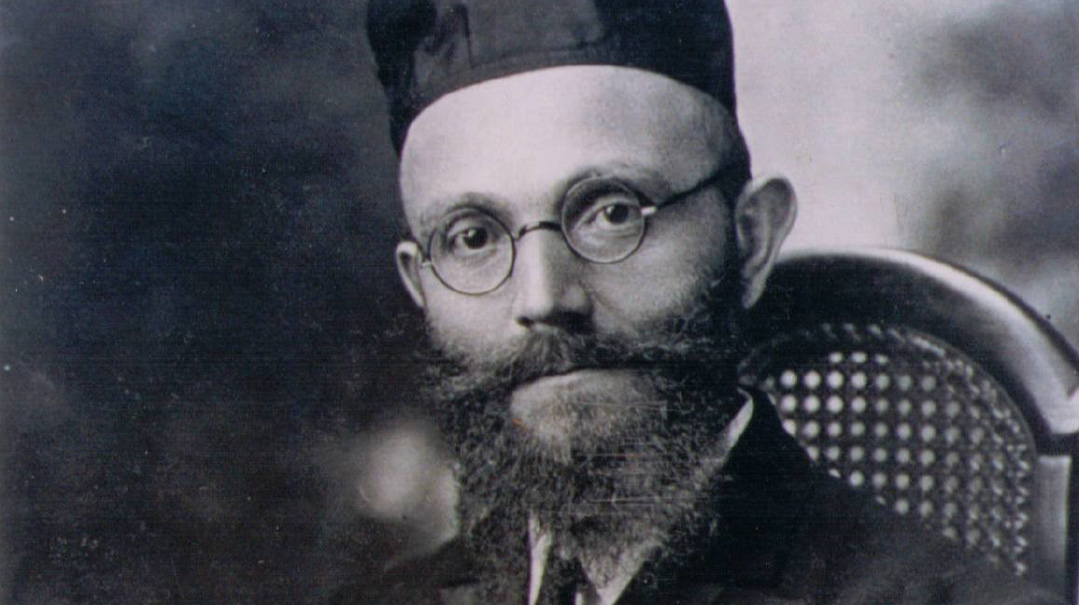No Coincidences

I’m not sure you can call it a comfort to be reminded you’re not the only one to have suffered a double tragedy like we did.
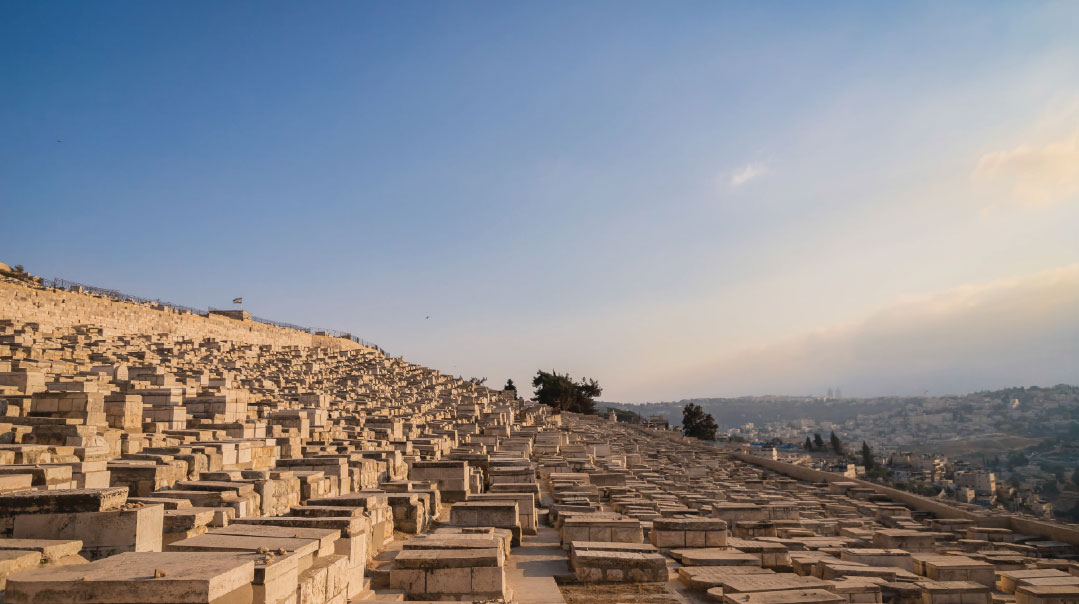
T
he Queen of England once spoke of going through an “annus horribilis.” In my family, we had two of them, back to back. Sudden, unpredictable, seemingly random tragedy hit us: My 28-year-old daughter Miriam a”h was felled by a freak childbirth complication, lingering in a coma for a few months before she died. We got up from her shloshim, hoping to patch our lives back together again. Then a few short weeks later, in an egregious case of medical negligence, our precious six-year-old grandson Ariel Shlomo a”h went into septic shock. He struggled for six months to recover, but ultimately succumbed.
That Shevat, my husband and I found ourselves in Jerusalem for our grandson’s shloshim. The afternoon before, we’d gone to the Kotel, shed copious tears, and prepared to head back to the apartment we’d rented. Traffic was terrible just outside the Kotel exit, so we decided to walk through the Mamilla Mall and attempt to catch a taxi on the other side.
We were just about to emerge from the mall when we ran into a couple we know from our Brooklyn shul.
“Hi! We didn’t know you’d be here!” we said. “What’s the occasion?”
The husband, Rabbi D., looked at the floor. “You didn’t hear?” he said.
Rabbi D.’s father, an older man of modest means but noble character, had passed away. My husband had known him well and always had the deepest respect for him. This dignified, compassionate man had never failed to pray for our daughter and grandson during their illnesses.
It turned out that his levayah was scheduled for the following afternoon. Our grandson’s shloshim was scheduled for the following morning — in the same cemetery. What were the odds we’d run into this couple just in time to be able to attend their father’s levayah? A few seconds more and we would have missed them, rolling away in a taxi.
The next day, my family went to Beit Shemesh and somehow endured the pain of a heartbreaking shloshim. Then the rest of the family went back to Jerusalem while my husband and I stayed on, got some lunch, and returned for Mr. D.’s levayah.
It was a quick and simple ceremony, but my husband felt honored and gratified to be asked to help transport the meis to the kever. When we arrived at the burial site, I had a shock: The kever was but a few feet from our grandson’s kever. The man who had prayed for him would now lie at rest just a few feet away.
The other family said Kaddish and their prayers. Afterward, they walked over to pay their respects to our grandson. One of the deceased man’s children looked familiar as she shed a tear over my grandson. Then, with a start, I realized: She’d been his morah two years prior! I’d met her once, when I came to his kindergarten birthday party. She’s also a person who, like us, knows what it is to live with a family member in coma: Her husband had been in such a state for many years.
Another one of the children approached me, an acquaintance from the shul and community. He sighed. “It’s not often you run into another family who lost a child and a grandchild,” he said, and I gave an inward gasp. In my disorientation and pain, I’d forgotten his own tragic situation: He and his wife had lost a child in a freak sports accident, and later a grandchild who’d been born with medical issues. What were the odds?
I’m not sure you can call it a comfort to be reminded you’re not the only one to have suffered a double tragedy like we did. But I’ll tell you what was a comfort: the uncanny way we ran into Rabbi and Mrs. D. at Mamilla Mall, just so we could attend their father’s funeral — as if their father had wanted us to be there and had orchestrated the whole thing — and the way we all met at a cemetery to honor our dead together, our lives entwined in so many ways that didn’t stand out until we all stood together on that rocky hilltop in Beit Shemesh.
My family’s tragedies had seemed so random. But meeting Rabbi and Mrs. D. at Mamilla was equally “random.” Which means, in the end, nothing is random. Somebody Up There is running the show, and sometimes He even sends us hints there’s a method behind what looks to us like madness.
I cling to the hope that one day He’ll reveal it to us.
L’illui nishmas Ariel Shlomo ben Chana v’Rahamim
(Originally featured in Mishpacha, Issue 791)
Oops! We could not locate your form.




